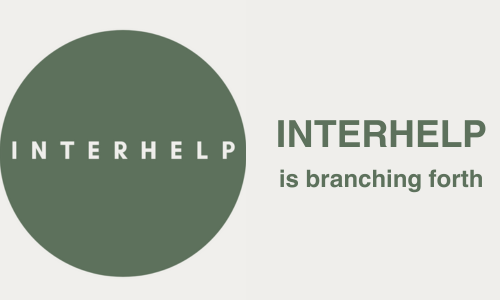Stepping Up by Sarah Pirtle
(Click here for a downloadable pdf of this document.)
Developed from original 2019 worksheet used for the Interhelp Community Practice Day.
Ruby Sales, civil rights activist whose efforts span the 1960s through the present, asks us to reflect on the question, “What is your liberation space?” Her response: “We need a global beloved community that is well guarded and well protected.” As we work together for freedom for all, we guard and protect each other.
Stepping Up is one way to talk about this kind of support.
Four Steps of Stepping Up. What step(s) do you struggle with?
- Identifying and validating the need to act
- Discerning, trusting your gut, knowing that something needs addressing
- Deciding whether to Step Up in the moment or offer information to help in the future (evaluating whether you need support to act before going further)
- If now, consider words like “oops, ouch” or “wait”; or “can we pause right now?” or “I’m concerned about what just happened.”
- If in the future, consider whether to ask now to address the situation later.
Ask: How can I make this process my own? What words can I use to best convey my inner response? How can I enter sincerely, finding words to match my intention rather than following a rote, recommended set of actions?
- Opening a door to talk: How to set up an entryway for the conversation or intervention
- Deciding how to initiate a longer talk
- Discerning among entryways; e.g.,: Would you talk with me right now? Can I share some feedback with you? Since we have an agreement in this circle that we’re going to offer each other ways of learning, may I share my perspective on what you just said?
- Supporting yourself, e.g., take a break first
- Reflecting upon the other person
- You might want to ask, “Can you tell me what you were feeling just then?” Or, “Can you tell me what you were hoping would happen when you said . . .?”
- Intervening
- Speaking clearly, firmly, cleanly
- Offering information while offering respect
- Speaking in such a way to “keep each other whole” and connected, generating a Beloved Community
Ask: How might I validate by reporting my emotional response or describing how my body is reacting, without yelling or name calling? E.g., “I’m really upset about what just happened.”
- Getting your own support afterward
- Discerning what kind of support will help
- Locating someone to talk to who will likely appreciate what you have just done
Ask: In general when I think about initiating an intervention, do I have a particular concern such as “coming on too strong?” Do I tend to withdraw more than I want to?
Take time to journal or reflect with a friend about what feels like your “usual” mode, whether that’s a fair assessment, and how an intervention process can enable personal growth.
A Beloved Community* is a safe place to learn and grow. What are some features you might find in a Beloved Community?
- Supporting others and ourselves
- Being open to deep truths – our own as well as others’
- Being open to feedback – including asking questions of ourselves
- Fostering self-responsibility, self-care and self-knowledge
- Transforming guilt and shame into forces that propel us into action
Support and kindness toward yourself
- What will support you to grow in Stepping Up?
- What help do you want when you are a target?
Our unskillful actions, even when they cause unintended harm, always contain the possibility of insight into ourselves, and therefore of learning and growth.
*This phrase comes originally from Josiah Royce, an Idealist philosopher who taught at Harvard and died in 1916. Howard Thurman reinforced and interpreted the meaning of the Beloved Community in the context of the Black Church. Dr. King thought of a beloved community as sharing love that flows from God to humanity.
